Event
ARC @ Documenta
Germany

Documenta is an exhibition of contemporary art which takes place every five years in Kassel, Germany. The Artists at Risk Connection (ARC) and INSTAR (The Institute of Artivism Hannah Arendt) are presenting three exciting panels on artistic expression, censorship, artistic activism, and forced and self-exile during this year's exhibition, described in further detail below. We hope to see you there!
Artists under Attack
Saturday, July 30, 2022
5pm (CEST)
INSTAR Square at DocumentaHalle
Kassel, Germany
Artists across the world are being attacked, detained, prosecuted and imprisoned. In Cuba, Afghanistan, Myanmar, and Belarus, artists have been at the forefront of mass demonstrations, supplying protest anthems and posters while drawing international awareness to human rights abuses in their countries. In this panel, artists will discuss the increasing number of threats facing artists around the world in light of these challenges and how artists can best prepare themselves to address risk, and what unlikely opportunities may arise out of times of unrest.
Speakers
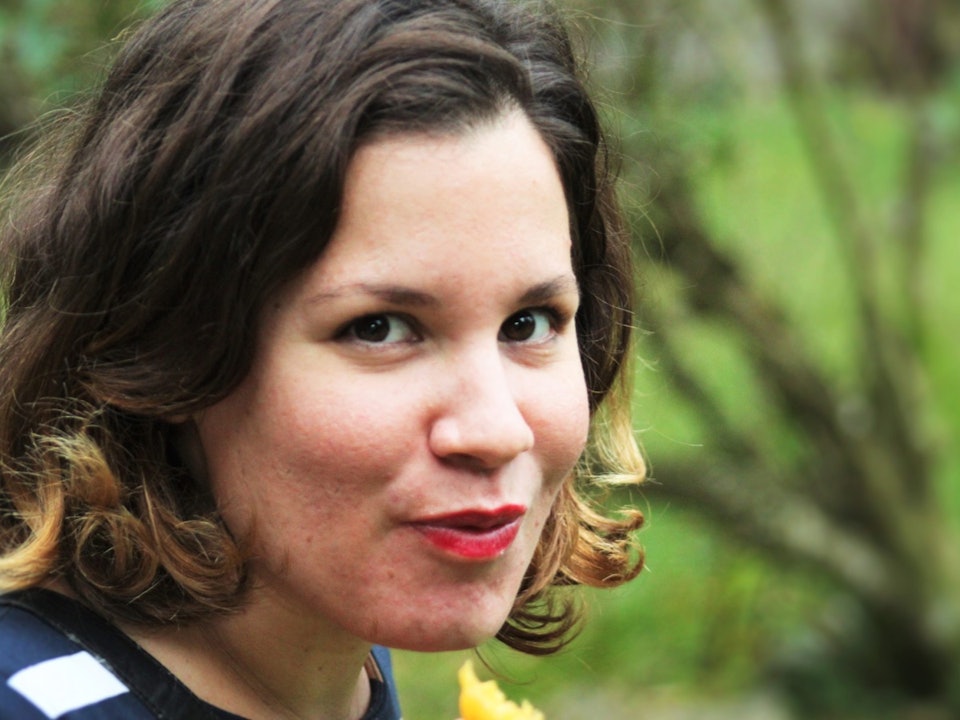
KATHERINE BISQUET, writer, Cuba
Katherine Bisquet is a Cuban writer and poet. She graduated with a degree in Literature from the University of Havana. While a student, Bisquet published a book of poetry, Algo aquí se descompone, in 2014. She was later a co-organizer of the #00Bienal de La Habana in 2018. Bisquet lived under house arrest in Havana in 2021 as her partner, artist Hamlet Lavastida, remained imprisoned in Villa Marista. The two were among a group of artists and writers detained, placed under house arrest, or subject to surveillance following mass protests against the Cuban government in the summer of 2021. Bisquet and Lavastida were exiled to Europe in September of that year as a condition of Lavastida’s release. She currently lives in exile in Spain.
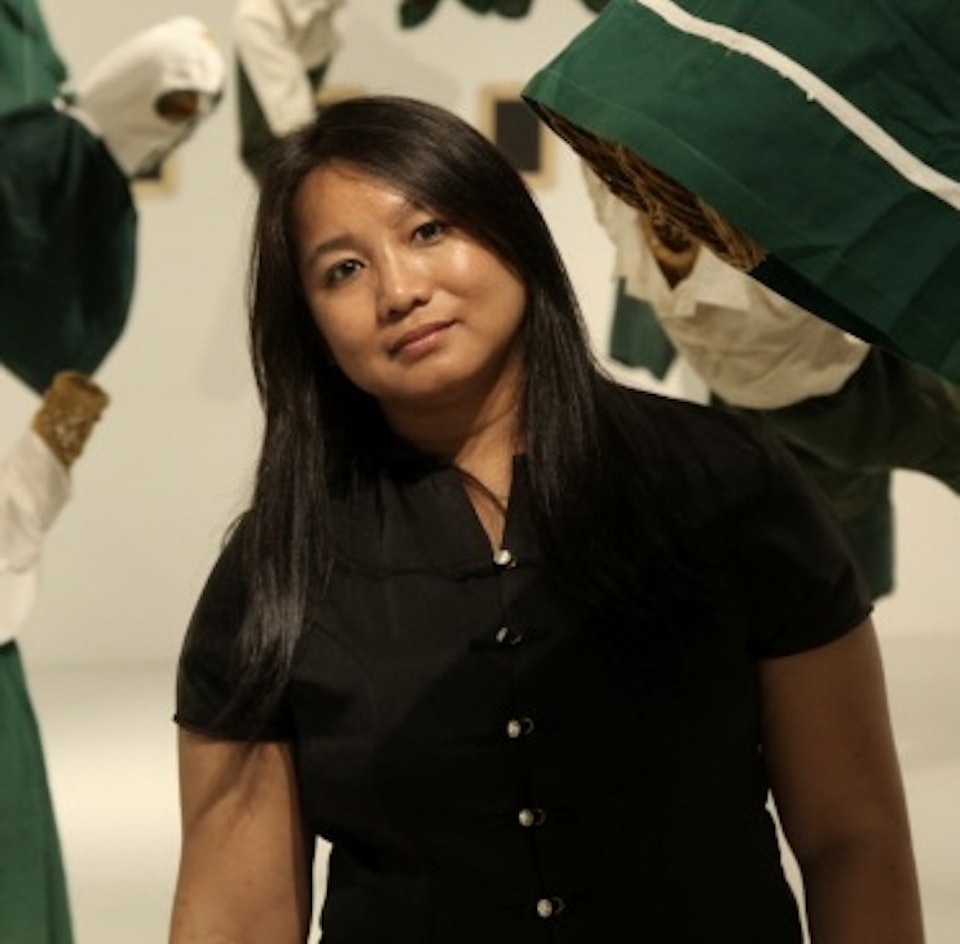
NGE LAY, visual artist, Myanmar
Nge Lay is a multimedia artist with a particular interest in performance and photography. She graduated with a BA in Painting from the National University of Art and Culture, Yangon in 2003. Using everyday imagery and settings to translate her ideas about life, her country, and her own identity, she creates photographs that hover between the descriptive, the spiritual, and the melo-dramatic. Much of her work is self-referential and reflects upon inner perception of prevailing Myanmar societies and their historical background. Lay is a co-organiser of the Thuye’dan Village Art Project, a project that brings art experiences, classes, and exhibitions to a community in rural Myanmar.

SHAMAYEL SHALIZI, visual artist, Afghanistan
Shamayel Shalizi is a queer multimedia artist who grew up between the US, Russia, and Afghanistan. Her Afghan parents were refugees who fled to the US after the Soviet Invasion of Afghanistan. Starting out in painting and sculpture, Shamayel has progressed to create more conceptual and diverse pieces, even co-founding and designing her own jewelry line, Blingistan. She incorporates her MA in Social Anthropology with her art by exploring themes of the self, the “other,” and questions of identity. She considers herself a nomad, but will always call Kabul her home.
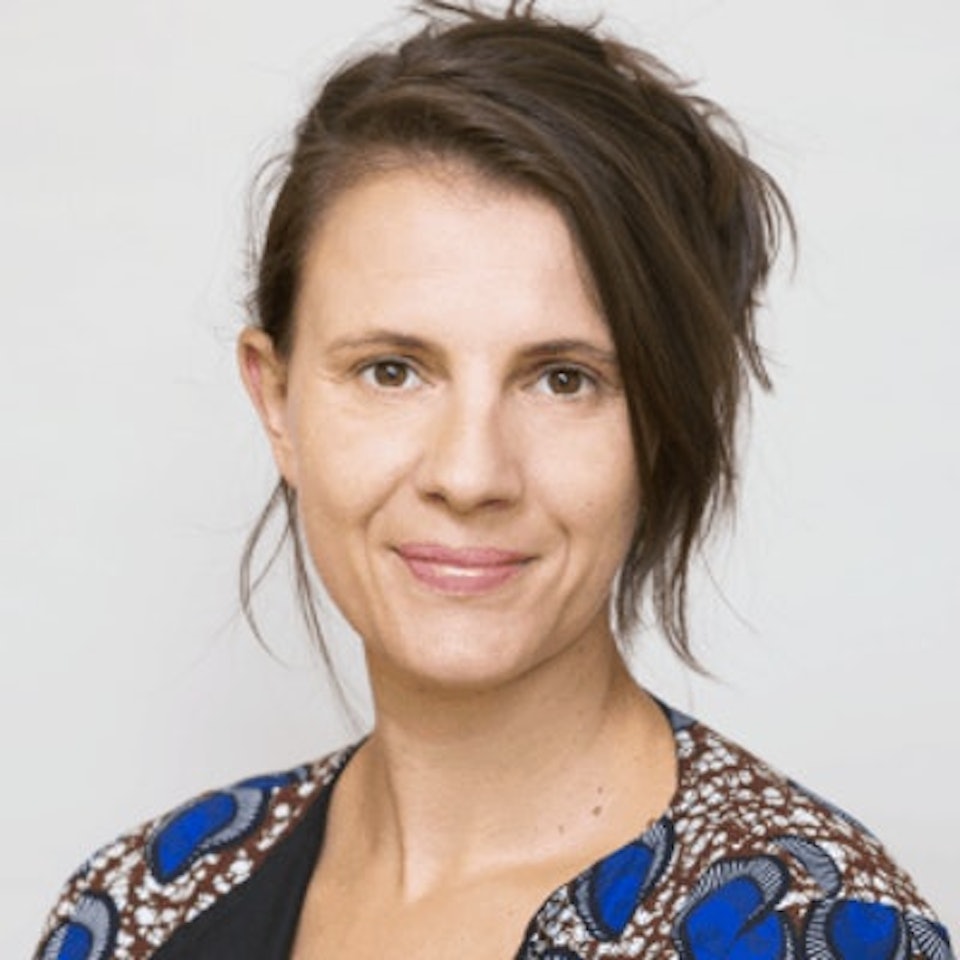
JULIE TRÉBAULT, Director of the Artists at Risk Connection (ARC), PEN America (moderator)
Julie Trébault is the director of the Artists at Risk Connection (ARC), a project of PEN America that aims to safeguard the right to artistic freedom by connecting threatened artists to support, building a global network of resources for artists at risk, and forging ties between arts and human rights organizations. She has nearly two decades of experience in international arts programming and network-building, including at the Museum of the City of New York, the Center for Architecture, the National Museum of Ethnology in The Netherlands, and the Musée du quai Branly in Paris.
Dissident Artists in Exile
Saturday, August 13, 2022
5 pm CEST
INSTAR Square at DocumentaHalle
Kassel, Germany
As threats against artistic expression rise globally, many artists have no other choice but to go into exile to ensure their livelihood. This panel will explore how artists navigate life in exile after facing harsh persecution in their home countries.
Speakers

YANELYS NÚÑEZ LEYVA, art historian, Cuba
Yanelys Núñez Leyva is a curator, art critic, and activist from Havana. With artist Luis Manuel Otero, she co-founded the Museum of Dissidents in Cuba as well as the first independent biennial in Havana, the 00 Bienal. She has actively participated in the campaign against Decree 349, which restricted artistic freedom in Cuba. In December 2018, she created the San Isidro Movement to protect freedom of expression in Cuba. In 2019, exhausted after two years of continuous activism and strong repression by State Security, she decided not to return from a trip she made to Europe. She currently resides in Madrid and continues to be an active member of the San Isidro Movement.
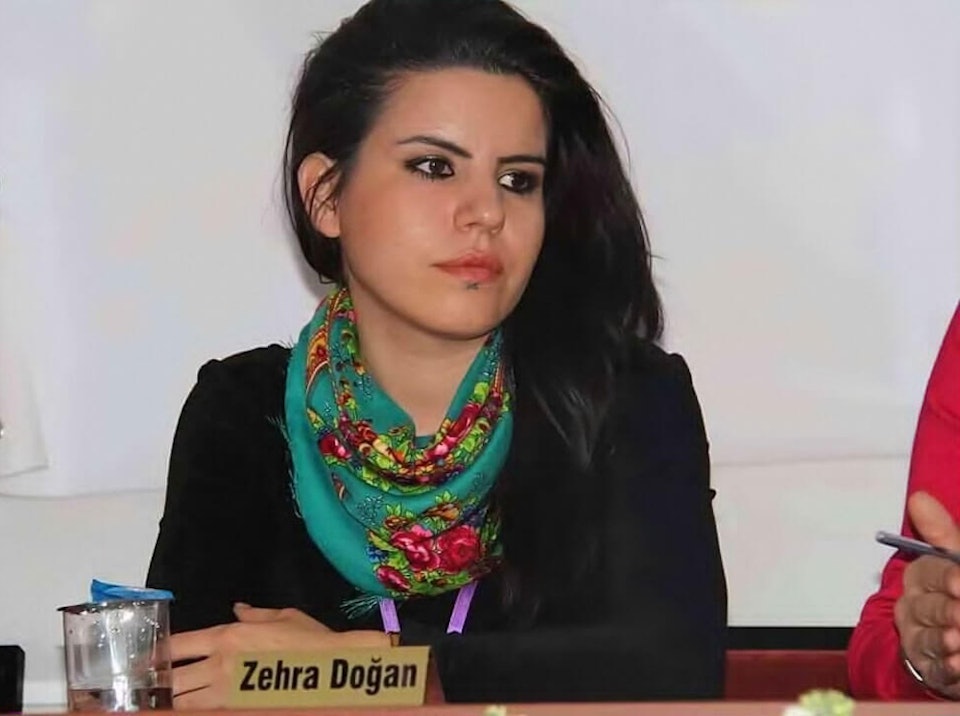
ZEHRA DOĞAN, Kurdish painter and journalist
Zehra Doğan is a Kurdish artist, journalist, and activist from Diyarbakır, Turkey. She co-founded JINHA, the first all-women press agency, where she worked from 2012 to 2016, when it was shut down by the Turkish government. Doğan has been awarded several prizes, including the Musa Anter Special Jury Prize in Kurdish journalism and the Metin Göktepe Journalism Award, one of the most prestigious awards in Turkey. In 2017, Doğan was sentenced to two years and ten months in prison for creating a painting of a Turkish city heavily damaged by state security forces. On February 24, 2019, Doğan was released after spending 600 days in prison. With other charges pending against her, Doğan now lives in exile in London, where she continues to make art around the world.
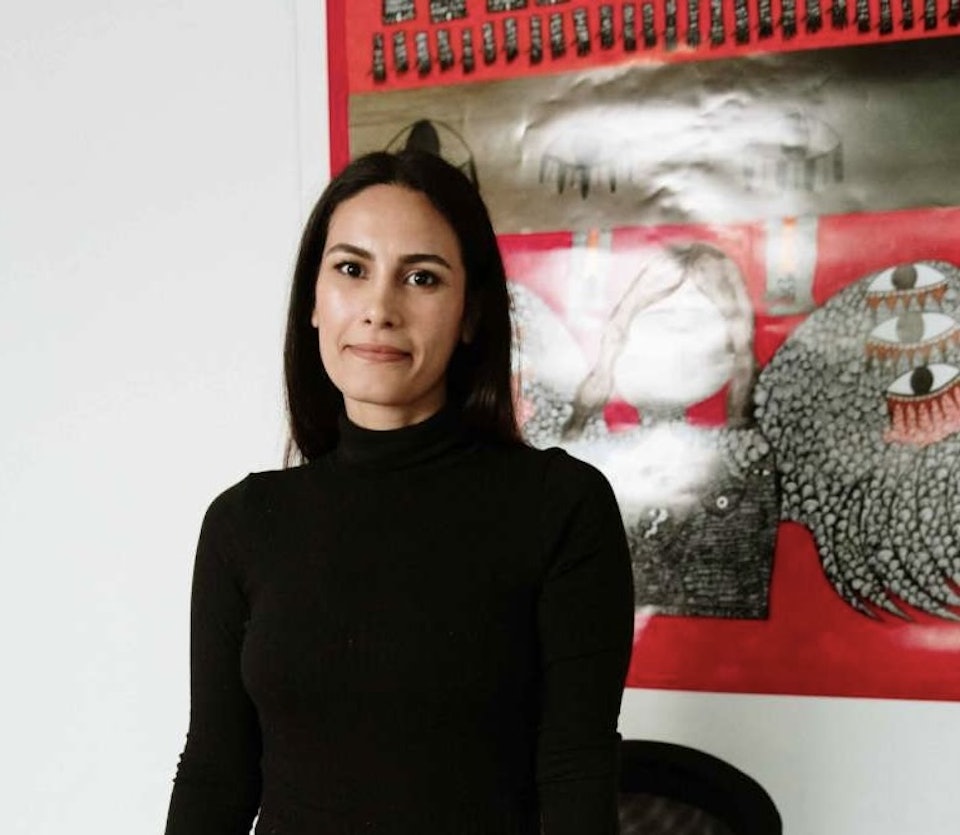
SAMANEH ATEF, visual artist, Iran
Samaneh Atef Derakshan was born in 1989 in the town of Bandar Abbas, south of Iran. Although she had trained to be a software engineer, she is a full-time artist who has been creating compulsively all her life. Samaneh contributes her skills and abilities as a self-taught outsider artist to empower women and support basic human rights. Samaneh’s artistic voice is powerful and personal, while her aesthetic vocabulary is unmistakable.

ALICIA QUINONES, PEN International, Coordinator for the Americas (moderator)
Alicia is a Mexican writer, journalist and editor. For the past fifteen years she has contributed to leading newspapers, magazines and television programmes throughout Latin America. She joined PEN International as the Latin American Consultant in 2018, and as a Regional Coordinator for the Americas in 2020. She volunteered in the organisation for six years beforehand where she researched and advocated for cases in Mexico. Alicia studied literature and journalism, which focused on the Laws to do with access to Information. She is the author of three books.
Art artivism, beyond governments
Friday, September 16, 2022
INSTAR Square at DocumentaHalle
Kassel, Germany
Why do governments censor art and attack artists? Why can an image or a word change the world? What is the reason for an artist to draw reality? Art can be used as an outlet for self-expression, but also as a tool to advocate for human rights. In this panel, the discussion will explore the role of artistic expression in an open society.
Speakers
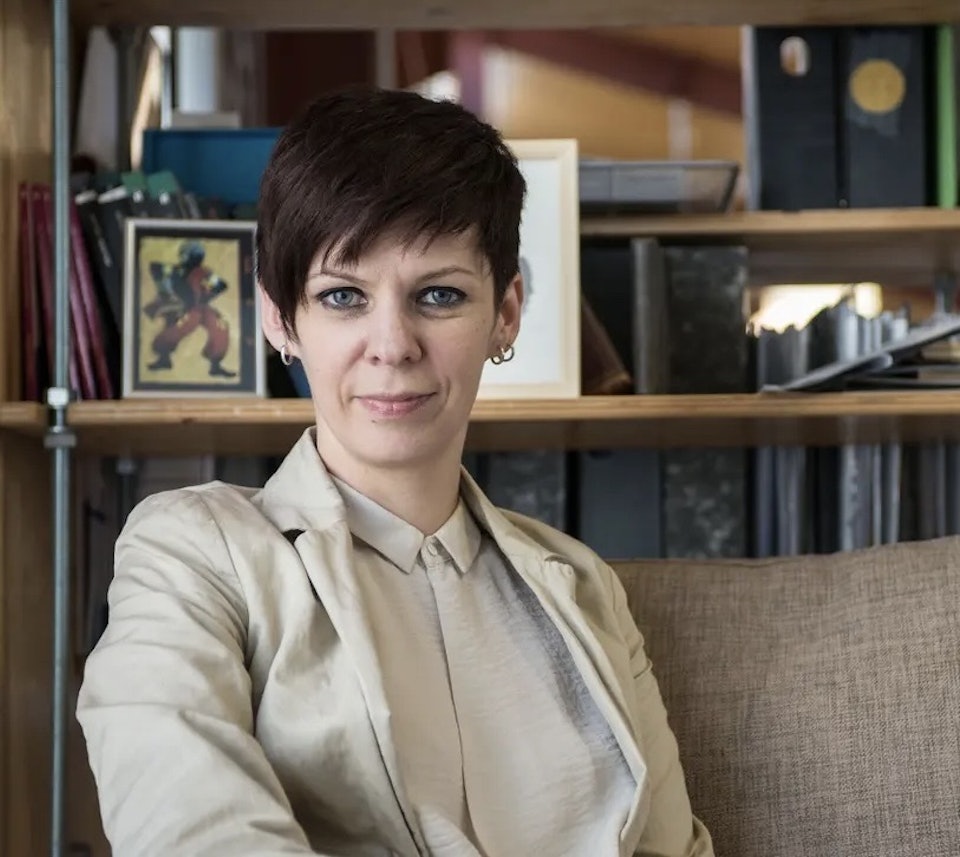
NATALIA KALIADA, Founding Artistic Director of Belarus Free Theatre, Belarus
Natalia Kaliada is the co-founder and artistic director of Belarus Free Theatre, an underground theatre group formed in response to the severe censorship and repression of Alexander Lukashenko’s regime, the last dictatorship in Europe. Since its founding in 2005, Belarus Free Theatre has performed provocative plays (often held secretly) that focus on the consequences of state repression and its accompanying culture of fear. The group has repeatedly endured harassment from Belarusian authorities. In December 2010, Kaliada and her husband were beaten and arrested by security forces in a brutal crackdown during the 50,000-strong protest following the rigged re-election of Lukashenko. After being released, they were forced into exile and sought political asylum in the U.K. The Belarus Free Theatre has received numerous awards, including a special mention for the 12th Edition of the Europe Theater Prize in 2007, and the 2007 French Republic Award in Defense of Human Rights. Although she was forced into exile, Kaliada continues to fight against the dictatorship in Belarus. She connects with members of the theater group via Skype and works tirelessly to bring abuses in Belarus to the international community’s attention.

MASHA GESSEN, writer, United States/Russia
Masha Gessen is a journalist and the author of 10 books of nonfiction, most recently Surviving Autocracy. Their book The Future Is History: How Totalitarianism Reclaimed Russia won the 2017 National Book Award for Nonfiction. Gessen is also the author of the national bestseller The Man Without a Face: The Unlikely Rise of Vladimir Putin (2012). Gessen is a staff writer at The New Yorker and a national fellow with New America Foundation. Gessen serves as vice president of PEN America.
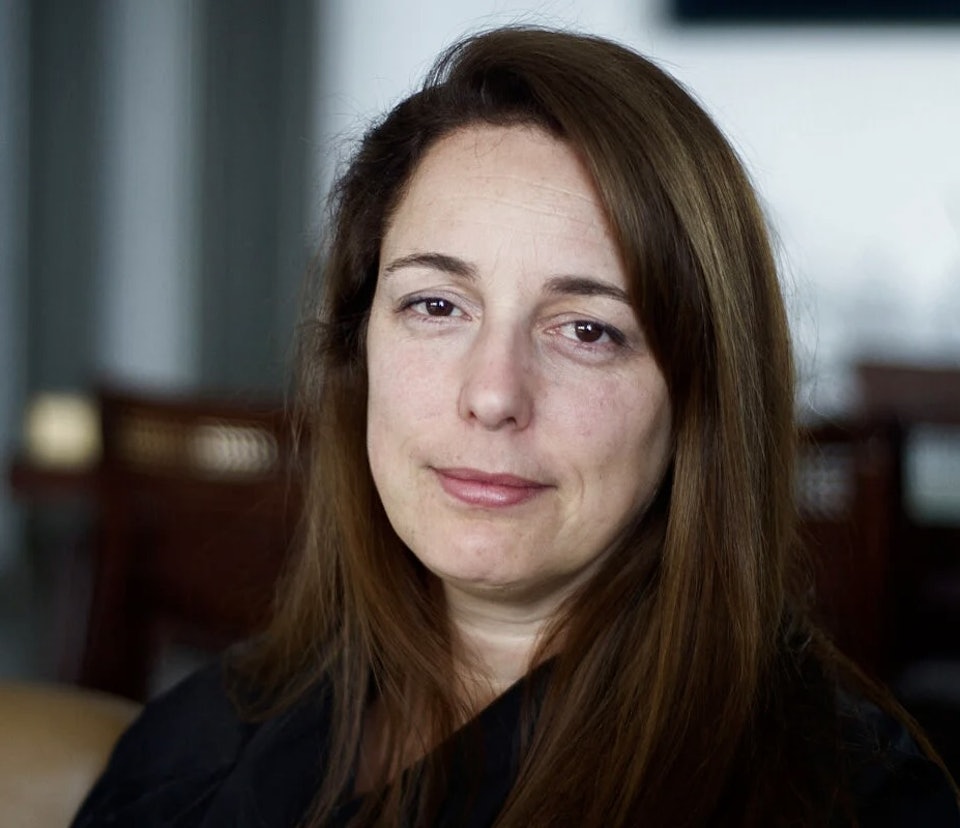
TANIA BRUGUERA, performance artist, Cuba
Tania Bruguera is a performance artist from Havana, Cuba. A politically motivated creator, she explores the relationship between art, activism, and social change in works that examine the social effects of political and economic power. By creating proposals and aesthetic models for others to use and adapt, she defines herself as an initiator rather than an author, and often collaborates with multiple institutions as well as many individuals so that the full realization of her artwork occurs when others adopt and perpetuate it. Bruguera's oeuvre pivots around issues of power and control, and several of her works interrogate and re-present events in Cuban history. As a result of her artistic actions and activism, Bruguera has been arrested and jailed several times.

POLINA SADOVSKAYA, Program Director, Eurasia (moderator)
Polina Sadovskaya, Ph.D., joined the PEN America team in 2016 as the first Free Expression Programs coordinator for Eurasia. She came to New York from Paris, where she was with UNESCO’s Division of Freedom of Expression and Media Development. She organized various international and global forums, and managed a project empowering local communities in Africa with radio and new digital technologies. She is an active supporter of women’s and youth’s rights around the world, and is a member of the IFEX Council. Prior to joining PEN America, Sadovskaya worked for Habitat Pro Association, an NGO advocating for the rights of indigenous peoples in Peru, particularly those of indigenous women and youth. She was also a radio correspondent for a national radio, and a marketing and communications manager with a major bank in her native Russia. She is fluent in Russian, French, and English, and has degrees in marketing from Grenoble Graduate School of Business and in journalism from South Ural State University.